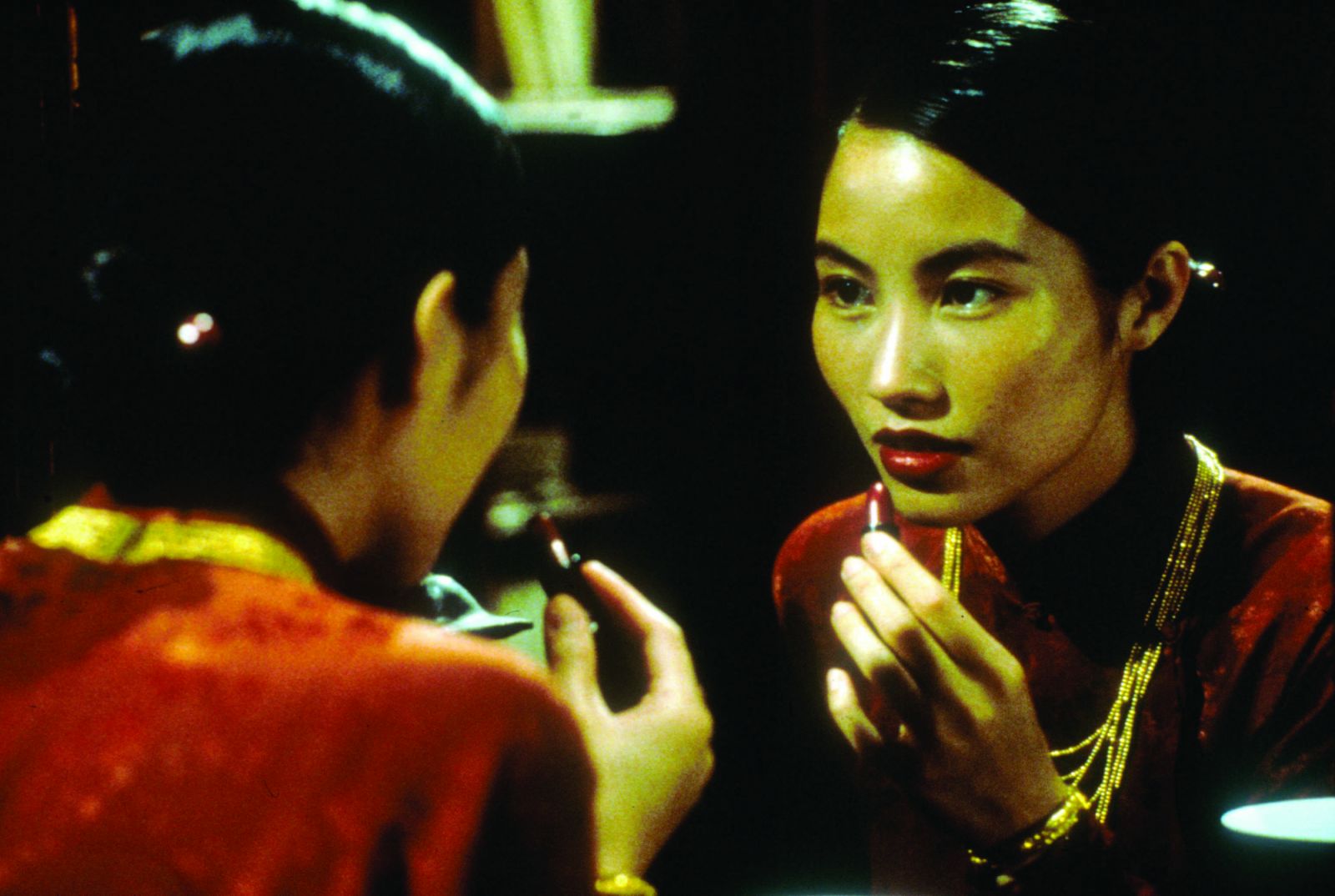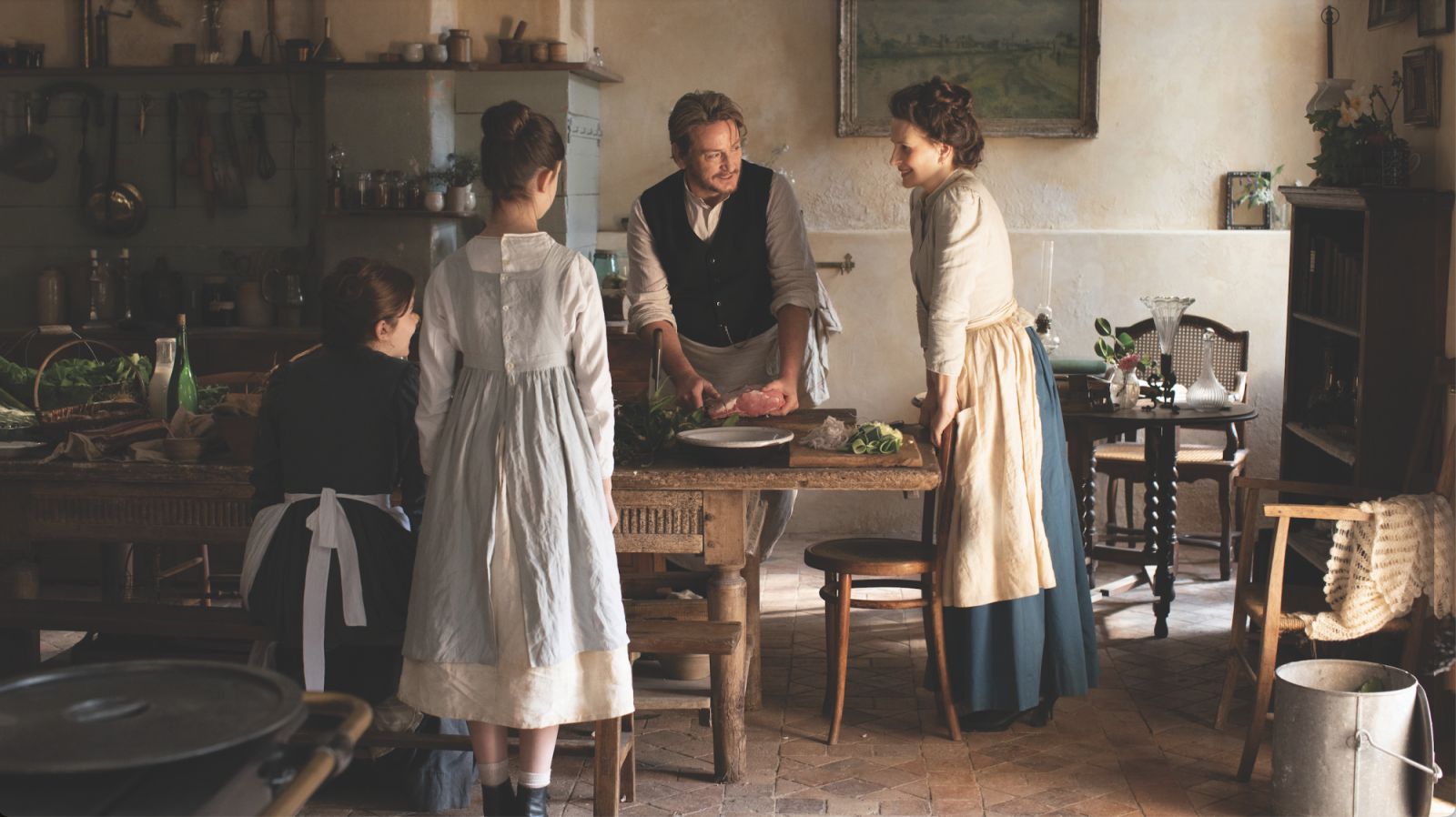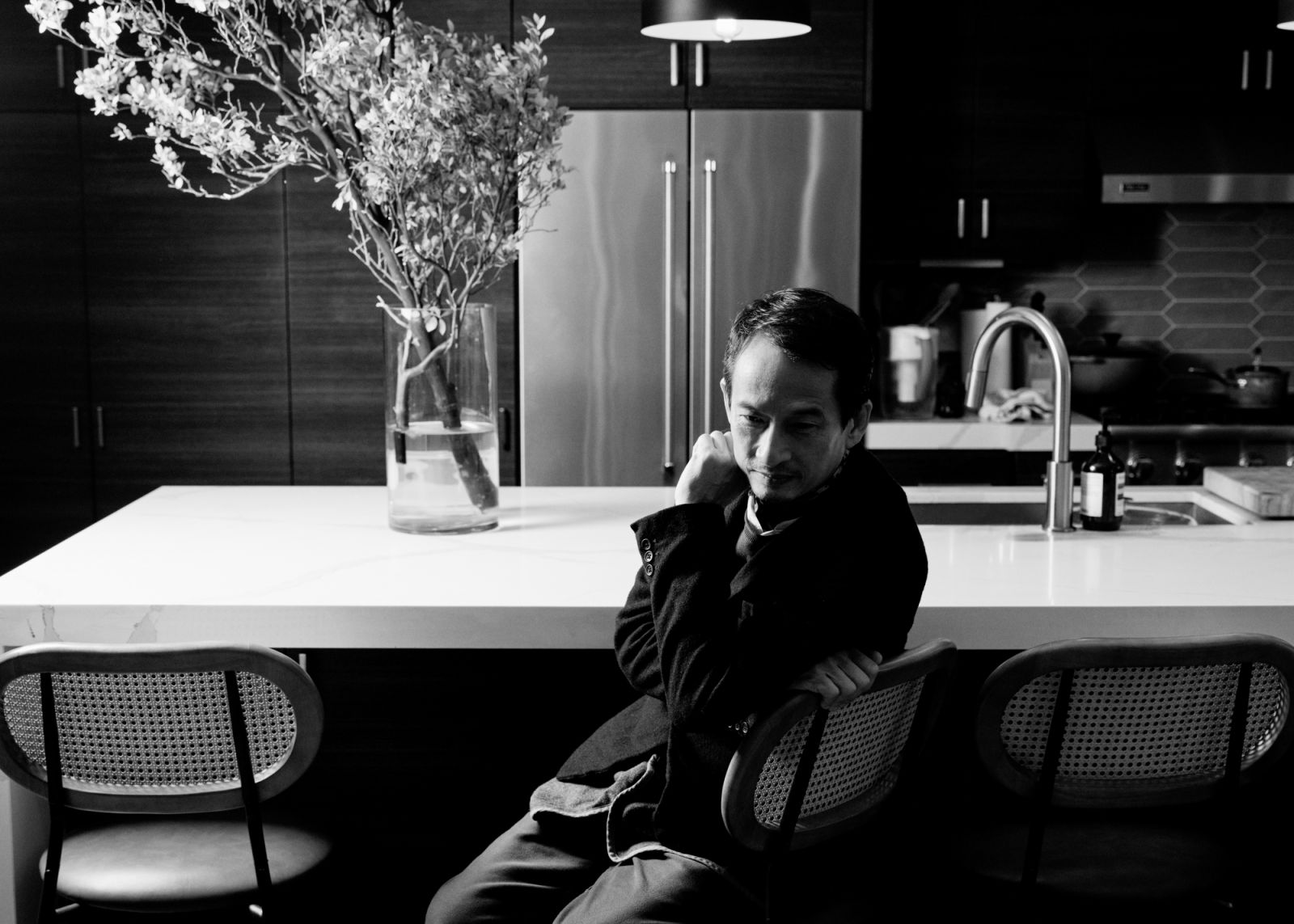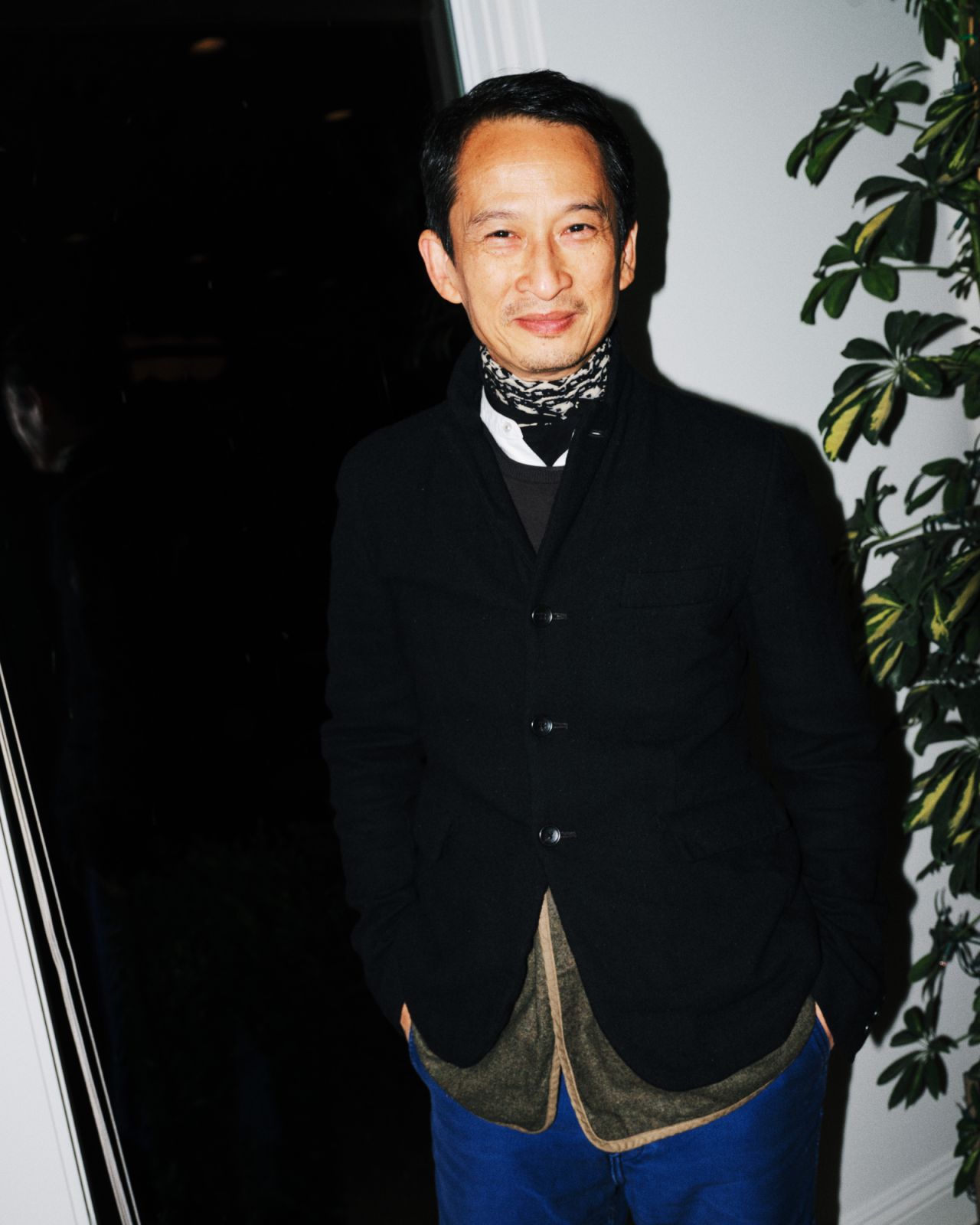The Vietnamese-born French film director and screenwriter, who won Best Director at Cannes last year, evolves the language of cinema to present the simple beauty of Vietnam
Vietnamese-born French film director and screenwriter Tran Anh Hung likes a good challenge. “Oh, I don’t cook,” he says. That didn’t stop him from adapting Marcel Rouff ’s 1920 novel The Passionate Epicure into a 136-minute film, The Taste of Things (2023), made up largely of cooking scenes. Dishes included some of the most iconic French recipes—and there was no acting when it came to preparing them: Tran insisted that “everything needs to be real in this movie”, meaning the film’s stars Juliette Binoche and Benoît Magimel had to know how to prepare the food and feel confident doing it.
Tran reveres both cooking and filmmaking as artforms. “I’ve always wanted to make a movie about an art. I chose food because everything could be real: from the men and women working their [culinary] craft to the transformation of the meat and vegetables.”
Praised for its poetic visuals, harmonious colour palette and tender portrayal of a burgeoning relationship, Tran’s film was selected as the French entry for Best International Feature Film at this year’s Oscars. He had already been named Best Director at Cannes last year, defeating nominees such as Wes Anderson for Asteroid City (2023) and Hirokazu Koreeda for Monster (2023), both known for their distinctive visual aesthetics.


Tran has a very specific notion of what a “good” film is. “Each art has its own language and specific material. A good piece of art deals with what is specific to this art. In cinema, if you can create an emotion or meaning that only the cinema can, then you are making something great,” he says. “Many films are just illustrations, meaning that the camera is used as a record of the actors’ performance. That is not enough for me because [filmmakers need] to deal more with the language of cinema.”
His cinematic language involves a distinctive style of capturing beauty in the everyday. Films such as The Scent of Green Papaya (1993) and The Vertical Ray of the Sun (2000) feature long shots of Vietnam’s beautiful, still life-like details: the sound of the rain, the vast, lush paddy fields, sisters hovering over a steamed chicken, smoke floating from incense sticks, the sound of water dripping into a wash basin, the shape of a papaya tree. His productions paint an impression of a place and envelop the audience in a mood, so much so that the plot becomes secondary. While he admits that prioritising a feeling over the storyline can make it difficult to appeal to the audience, he believes “what is important to me is the special feeling of it. I don’t like complicated stories, because I don’t want you spending all your time [understanding] the story.”




